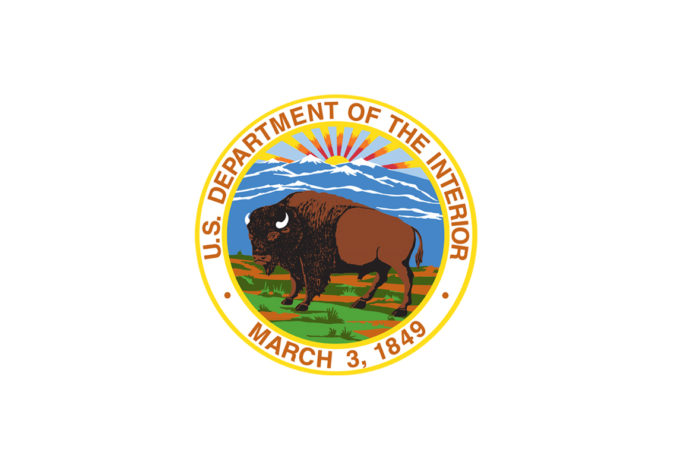WASHINGTON, D.C. – The White House Council on Native American Affairs (WHCNAA) convened its third engagement session with tribal and Native Hawaiian community leaders. The meeting focused on tribal homelands initiatives including co-stewardship, protection of sacred sites and treaty rights, and creating a more efficient land into trust process.
The Biden-Harris Administration has taken historic steps to support tribal communities and their homelands. Last year, the Departments of the Interior and Agriculture issued a joint Secretarial Order that created the “Tribal Homelands Initiative,” a collaborative effort to improve federal stewardship of public lands, waters and wildlife. In November, Secretary Haaland announced a new interagency initiative to improve the protection of and access to Indigenous sacred sites through enhanced and improved interdepartmental coordination, collaboration and action. President Biden also announced a Memorandum of Understanding (MOU) that affirms the federal government’s commitment to enhancing interagency coordination and collaboration to protect treaty rights and to fully implement federal government treaty obligations.
Secretary Haaland, who co-chairs the WHCNAA with White House Domestic Policy Advisor Ambassador Susan Rice, led the discussion. As part of the Biden-Harris Administration’s all-of-government approach to strengthening nation-to-nation relationships, Secretary of Agriculture Tom Vilsack, Senior Advisor and Assistant to the President and the Director of the White House Office of Intergovernmental Affairs Julie Chavez Rodriguez, EPA Deputy Administrator Janet McCabe, Department of the Interior Assistant Secretary for Indian Affairs Bryan Newland, and other senior Administration officials joined the meeting to hear directly from tribal and Native Hawaiian leaders.
The session also addressed the unique impacts of climate change in Indigenous communities, the implementation of the Indigenous Traditional Ecological Knowledge Memorandum, and the Office of Science and Technology Policy’s new Indigenous Knowledge website.















































